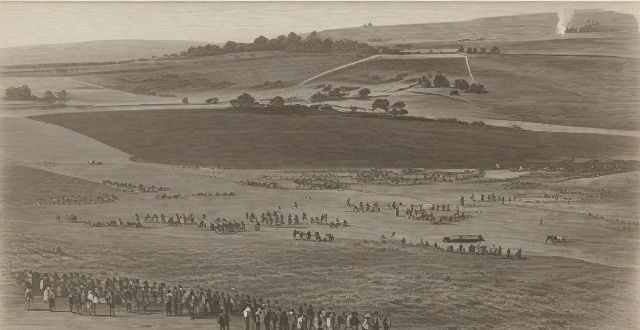Sports injuries can be prevented by following these five key tips: warming up and stretching before physical activity, wearing proper gear, using proper technique, staying hydrated and nourished, and taking breaks and rest days. By implementing these measures, athletes can reduce their risk of injury and stay safe while playing sports.

How Can I Prevent Sports Injuries?
Sports injuries can be a major setback for athletes, but there are several ways to prevent them. Here are some tips on how to stay safe while playing sports:
1. Warm Up and Stretch
Before engaging in any physical activity, it is important to warm up your muscles and stretch them out. This helps to increase blood flow and flexibility, reducing the risk of injury. A good warm-up routine should include light aerobic exercises such as jogging or jumping jacks, followed by dynamic stretching exercises that mimic the movements you will be doing during your sport.
**Warm Up Routine:**
- Jog or jump rope for 5-10 minutes
- Perform dynamic stretches specific to your sport (e.g., leg swings for soccer)
- Gradually increase intensity until you feel warmed up and ready to play
2. Wear Proper Gear
Wearing appropriate gear can significantly reduce the risk of injury. Make sure you have the right equipment for your sport, including shoes, protective pads, helmets, and other safety gear. It is also important to replace worn-out gear regularly to ensure it provides adequate protection.
**Proper Gear Checklist:**
- Shoes with proper support and cushioning
- Protective pads (e.g., kneepads, elbow pads)
- Helmets (e.g., for biking, football)
- Mouthguards (for contact sports)
3. Use Proper Technique
Improper technique can lead to strains, sprains, and other injuries. Make sure you learn and practice proper form and technique for your sport. This may involve working with a coach or trainer who can provide guidance on correct posture, movement patterns, and footwork.
**Technique Tips:**
- Learn from experienced coaches or trainers
- Practice proper form during drills and exercises
- Focus on maintaining good posture and balance at all times
4. Stay Hydrated and Nourished
Dehydration and poor nutrition can negatively affect your performance and increase the risk of injury. Make sure you drink plenty of water before, during, and after your workout or game. Additionally, eat a healthy diet rich in nutrients that support muscle growth and repair, such as protein, carbohydrates, vitamins, and minerals.
**Hydration and Nutrition Tips:**
- Drink at least 8 ounces of water per hour during exercise
- Eat a balanced meal containing protein, carbohydrates, fats, vitamins, and minerals within two hours after exercising
- Snack on fruits, vegetables, nuts, or dairy products throughout the day to maintain energy levels
5. Take Breaks and Rest Days
Overtraining can lead to fatigue, burnout, and increased risk of injury. Make sure you schedule regular rest days into your training regimen to allow your body time to recover and rebuild muscle tissue. Additionally, take breaks during practices or games if you feel tired or experience pain.
**Rest and Recovery Tips:**
- Schedule at least one rest day per week
- Take short breaks during long practices or games (e.g., sitting out for a few minutes)
- Get enough sleep each night (7-9 hours for adults)